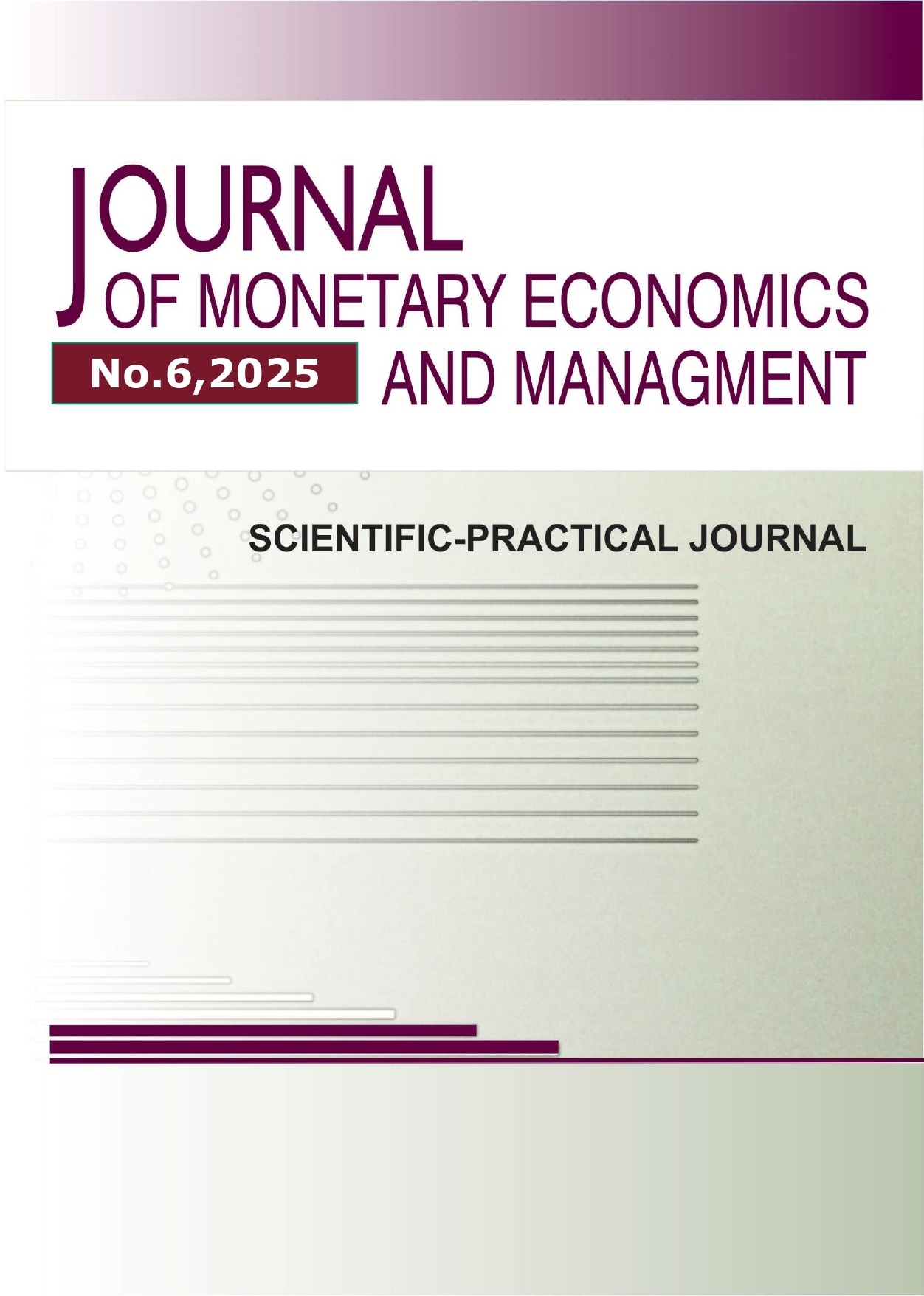employee
student
student
Russian Federation
UDC 004.08
UDC 005
The impact of digitalization on auditing extends far beyond simple automation. Big data analysis makes it possible to identify patterns and anomalies that could escape the auditor's attention using traditional methods. Data visualization tools transform complex sets of information into understandable graphs and diagrams, facilitating interpretation and decision-making. This allows auditors not only to state the facts, but also to identify the root causes of problems and propose more effective solutions. However, technological progress also brings new challenges. The increase in data volume and the expansion of the digital space create new opportunities for fraud and cybercrime. Auditors need to be aware of the latest threats and be able to use modern tools to identify and prevent them. This requires continuous professional development and the development of new skills, including knowledge of cybersecurity principles, data analysis, and the use of specialized software. Moreover, the digital transformation of auditing requires rethinking the role of the auditor. In the era of automation and artificial intelligence, the value of human judgment and critical thinking is increasing. Auditors should be able to interpret the results of data analysis, assess risks and make decisions in difficult situations. It is important to remember that technology is a tool, not a substitute for professional judgment and ethical principles.
audit digitalization, artificial intelligence, process automation, big data analysis, cybersecurity
1. Institut vnutrennih auditorov. Issledovanie tekuschego sostoyaniya i tendenciy razvitiya vnutrennego audita v Rossii, 2023 [Elektronnyy resurs]. — URL: https://www.iia-ru.ru/upload/inner-auditor/articles/Issledovanie%20tekuschego%20sostoyaniya%20i%20tendenciy%20razvitiya%20vnutrennego%20audita%20v%20Rossii%202023.pdf (data obrascheniya: 00.00.2023).
2. Institut statisticheskih issledovaniy i ekonomiki znaniy NIU VShE. Nazvanie publikacii [Elektronnyy resurs]. – Rezhim dostupa: https://issek.hse.ru/mirror/pubs/share/995751983.pdf (data obrascheniya: 15.04.2025).
3. Kondrashova N. G. Vliyanie cifrovizacii na provedenie vnutrennego audita / N. G. Kondrashova, M. D. Dikarev // Ekonomika i biznes: teoriya i praktika. – 2024. – № 8(114). – S. 96-99.
4. Torohova M. S. Territorial'nyy marketing: klyuchevoy faktor rosta investiciy v regiony / M. S. Torohova, V. E. Bobrysheva, A. V. Pogibelev // Upravlenie razvitiem sel'skih territoriy : Materialy Mezhdunarodnoy nauchno-prakticheskoy konferencii (pamyati zasluzhennogo deyatelya nauki RSFSR, doktora ekonomicheskih nauk, professora Eroshkina Viktora Vasil'evicha), Krasnodar, 31 oktyabrya 2024 goda. – Krasnodar: FGBU "Rossiyskoe energeticheskoe agentstvo" Minenergo Rossii, 2024. – S. 691-695.
5. Feofilova T. Yu. Problemy vnedreniya nepreryvnogo audita v usloviyah cifrovizacii ekonomiki / T. Yu. Feofilova, V. A. Matveeva // Intellektual'naya inzhenernaya ekonomika i industriya 5.0 (EKOPROM) : Sbornik trudov Mezhdunarodnoy nauchno-prakticheskoy konferencii, Sankt-Peterburg, 17–18 noyabrya 2023 goda. – Sankt-Peterburg: POLITEH-PRESS, 2023. – S. 565-568.
6. Yaroslavceva T. V. Vliyanie cifrovizacii na sferu audita: problemy i perspektivy razvitiya / T. V. Yaroslavceva // Cifrovaya transformaciya uchetno-kontrol'nyh i analiticheskih processov biznesa : Materialy nauchno-issledovatel'skoy raboty prepodavateley i studentov Finansovogo universiteta pri Pravitel'stve Rossiyskoy Federacii. XII Mezhdunarodnaya nauchno-prakticheskaya konferenciya, Moskva, 10–12 dekabrya 2020 goda. – Moskva: OOO "Izdatel'stvo "Sputnik+", 2021. – S. 121-125.
7. Tolchinskaya M.N. Razvitie metodiki audita v usloviyah cifrovizacii//Aktual'nye voprosy sovremennoy ekonomiki. 2023.- №3. S.668-672









